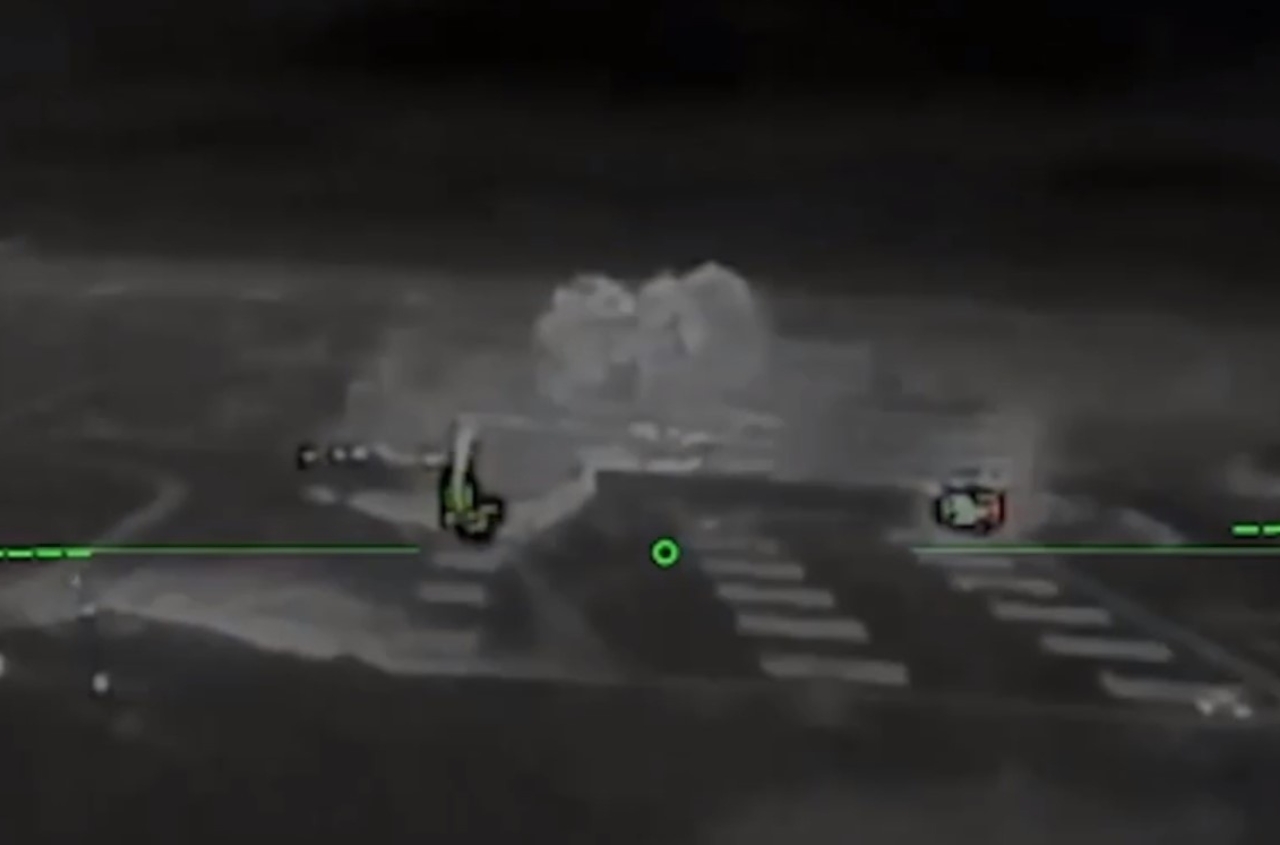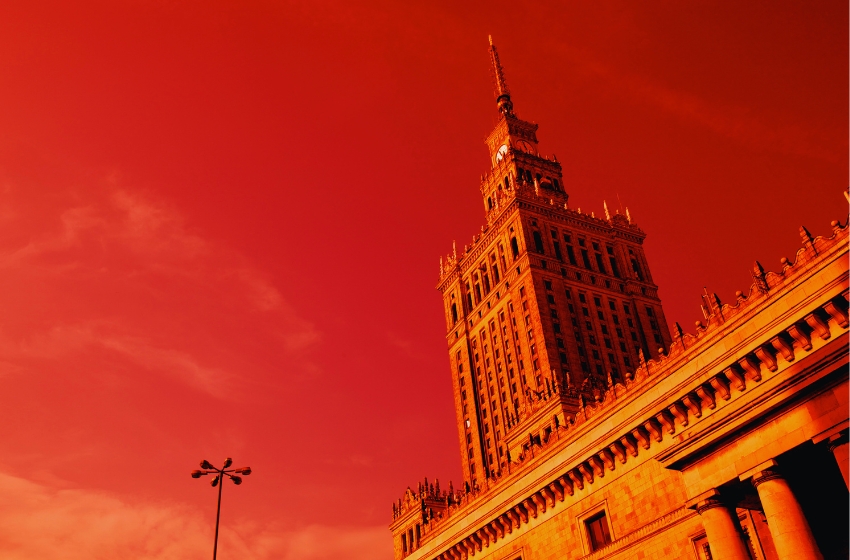Proposal by Prof. Fausto Capelli of the European College / University of Parma *
It seems legitimate to doubt that the solution to the war in Ukraine is tied to the time factor, i.e. a solution that can depend on the wear and tear of the parties in conflict.
The tension reached today in the conflict area could also determine a dangerous aggravation of the conflicts and, what is worse, their enlargement with the involvement of other states.
Since the impossibility of establishing agreements freely accepted by the warring parties makes the prospects of the conflict terrible, not only for the territories involved but for the whole world, it is necessary to make an effort to obtain, from past experiences, useful indications and suggestions to find some way of 'exit.
On the other hand, the gravity of the situation is now such that it is no longer admissible or conceivable to leave any stone unturned to prevent the irreparable.
While taking into account the undoubted diversity between the situations to be compared as well as the different dimension of the phenomenon to refer to and the events that determined it, it can be assumed that the historical-political case to be taken into consideration, in order to obtain useful indications to identify some proposed solution to the conflict, is the one concerning the intervention on the "Saar", the Region located between France and Germany which passed, in turn, various times through the centuries under the sovereignty of the French and the Germans until definitive attribution to Germany in 1957.
From a historical point of view, France had exercised sovereignty over the Saar Region since the time of Louis XIV ("Roi soleil": 1643-1715) and after having lost it for a certain period in favour of Prussia, it had then recovered it at the time of the French Revolution (1789). Subsequently, France had again lost sovereignty over the Saar with the defeat of Napoleon at Waterloo (1815), but had acquired it again after the victory in the First World War (1918) and intended to keep it.
With the Versailles Conference (1919) for the conclusion of the peace treaty which put an end to the First World War (1914-1918), the Saar Region, on the basis of a compromise reached with considerable difficulty, due to the contrasts between France and Germany, was submitted to the administration of an international Commission of five members appointed by the League of Nations (the international organisation that, after the Second World War, will be replaced by the United Nations). France was recognised owner of the coal mines in the disputed Region, with the commitment to hold a plebiscite after fifteen years of international regime (1920-1935) to allow the inhabitants of the Saar to choose between: annexation to France, annexation to Germany or continuation of international administration.
In 1935 the plebiscite was held which determined, with over 90% of favourable votes, the annexation of the Saar Region to Germany.
At the end of the Second World War (1939-1945), the memory of this positive experiment suggested to Jean Monnet the brilliant idea of combining coal from the mines of the German Saar and iron from the mines of French Lorraine (two contiguous regions) to create the ECSC, the first European Coal and Steel Community, which is the origin of the current European Union.
Now, a proposal for the internationalization of the currently contested areas of Ukraine, under the control of the United Nations, with the commitment, in a number of years, to organize a referendum subject to reliable checks, could constitute a reasonable way forward exit. One should certainly not expect great results, such as those obtained by Jean Monnet at the end of the Second World War. However, it would already be an enormous result, desired by all, to put an end to the current conflict before it degenerates with irreparable consequences.
* The original text in Italian of this article, written by Prof. Fausto Capelli of the European College / University of Parma, appears in issue no. 1-2/2022 of the Italian Review «Diritto comunitario e degli scambi internazionali», published by Editoriale Scientifica, Napoli.





















